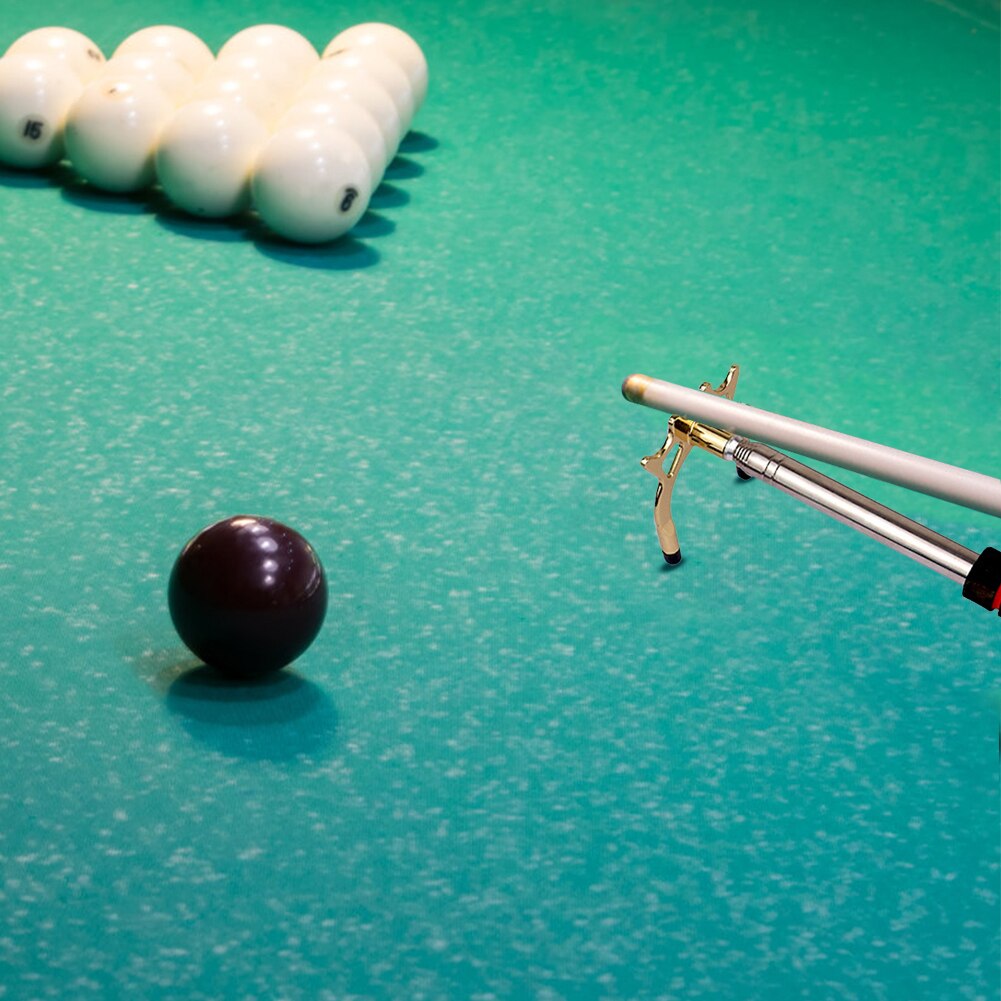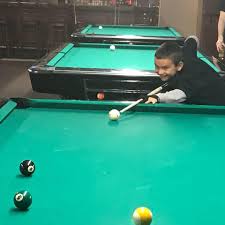
There are many kinds of cues for pool. They vary in size and weight so it is important to pick the right cue for you and your style of play. Although it can be overwhelming, it's possible to find a cue that suits your needs. Here are the main types.
When purchasing a new pool cue, length is the most important thing. Because a shorter length allows you to reach overhead and lift the cue while stroke, A longer length, on the other hand will make it easier to control the stroke and handle the cue. A cue that is suitable for your arm length will also be important. For example, if your child is very tall, you should buy a 48"-52" pool cue. Adults can opt for a cue that is slightly longer like a 61/4" cue.
Consider also the tip. Many pool cues come standard with a leather or multi-layered tip. A layered tip is more reliable and will last longer. Nylon, suede, linen and other materials are available. It's crucial to ensure that your tips are smooth and not greasy. You will lose them quickly, so it is important to choose a tip which lasts.

The next consideration is the type of ferrule. The ferrule covers the cue's tip and is found on the stick. Heavy balls can be handled better by pool cues equipped with nylon ferrules. They're not as prone to vibrating, which can affect your accuracy.
In addition, you'll want to take a look at the joint of your cue. Most pool cues feature joints at half or three-quarters down the shaft. The easiest joints to access are those located closer to their center. Cues with central joints are easier to store.
If you're looking for a top-of-the-line pool cue, you'll want to look at the shaft. The cost of a pool cue with a top-of the-line shaft is typically between $300 and $500. Popular shafts are available in brass and carbon fiber.
Hardwood is a common material in pool cues. Maple is a common wood used for pool cues in the United States. There are also cues made from exotic woods. Even if you select a cheaper option, ensure it is strong enough to withstand heavy cue balls.

Finally, the wrap of your pool cue should be smooth and even. The wrap should be free of knots and raised areas. Some cues do not require a wrap. You might prefer a more customized design.
There are many factors to take into consideration when selecting a pool cue. A pool cue that is well-made will allow you to have the precision and power to accomplish your goals, regardless of whether you're a seasoned player or just beginning to play.